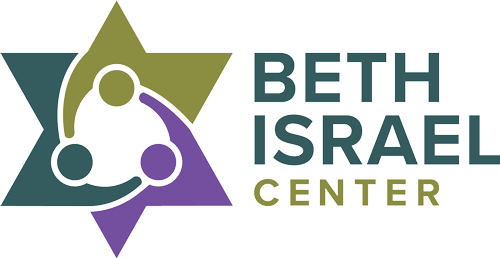Our Scientists in Synagogues program included discussions of four books, selected for their connections to touchpoints on the Jewish calendar. Although the discussions have already happened, here is some information about the books:
God and the Big Bang by Daniel Matt / Tisha B’Av 5778 / July-August 2018
To discover the presence of God throughout the cosmos and in our everyday lives, Daniel C. Matt draws on both science and theology, both fact and belief, both cosmology and Jewish mysticism, taking us on a deeply personal, thoughtful and inspiring journey. This update of the award-winning first edition gives us a fresh look at the growing topic of science and spirituality, helps us find our place in the universe and shows us how the universe is reflected in our very being.
The Hidden Life of Trees by Peter Wohlleben and Jane Billinghurst / Tu B’Shevat 5779 / January 2019
In The Hidden Life of Trees, Peter Wohlleben shares his deep love of woods and forests and explains the amazing processes of life, death, and regeneration he has observed in the woodland and the amazing scientific processes behind the wonders of which we are blissfully unaware. Much like human families, tree parents live together with their children, communicate with them, and support them as they grow, sharing nutrients with those who are sick or struggling and creating an ecosystem that mitigates the impact of extremes of heat and cold for the whole group. As a result of such interactions, trees in a family or community are protected and can live to be very old. In contrast, solitary trees, like street kids, have a tough time of it and in most cases die much earlier than those in a group.
Drawing on groundbreaking new discoveries, Wohlleben presents the science behind the secret and previously unknown life of trees and their communication abilities; he describes how these discoveries have informed his own practices in the forest around him. As he says, a happy forest is a healthy forest, and he believes that eco-friendly practices not only are economically sustainable but also benefit the health of our planet and the mental and physical health of all who live on Earth.
Close Encounters with Humankind by Sang-Hee Lee / Pesach 5779 / April 2019
What can fossilized teeth tell us about our ancient ancestors' life expectancy? Did farming play a problematic role in the history of human evolution? And what do we have in common with Neanderthals? In this captivating bestseller, Close Encounters with Humankind, paleoanthropologist Sang-Hee Lee explores our greatest evolutionary questions from new and unexpected angles. Through a series of entertaining, bite-sized chapters that combine anthropological insight with cutting-edge science, we gain fresh perspectives into our first hominin ancestors and ways to challenge perceptions about the traditional progression of evolution. With Lee as our guide, we discover that we indeed have always been a species of continuous change.
The Sixth Extinction by Elizabeth Kolbert / Tisha B’Av 5779 / July-August 2019
Over the last half-billion years, there have been five mass extinctions, when the diversity of life on earth suddenly and dramatically contracted. Scientists around the world are currently monitoring the sixth extinction, predicted to be the most devastating extinction event since the asteroid impact that wiped out the dinosaurs. This time around, the cataclysm is us.
In prose that is at once frank, entertaining, and deeply informed, The New Yorker writer Elizabeth Kolbert tells us why and how human beings have altered life on the planet in a way no species has before. Interweaving research in half a dozen disciplines, descriptions of the fascinating species that have already been lost, and the history of extinction as a concept, Kolbert provides a moving and comprehensive account of the disappearances occurring before our very eyes. She shows that the sixth extinction is likely to be mankind's most lasting legacy, compelling us to rethink the fundamental question of what it means to be human.
